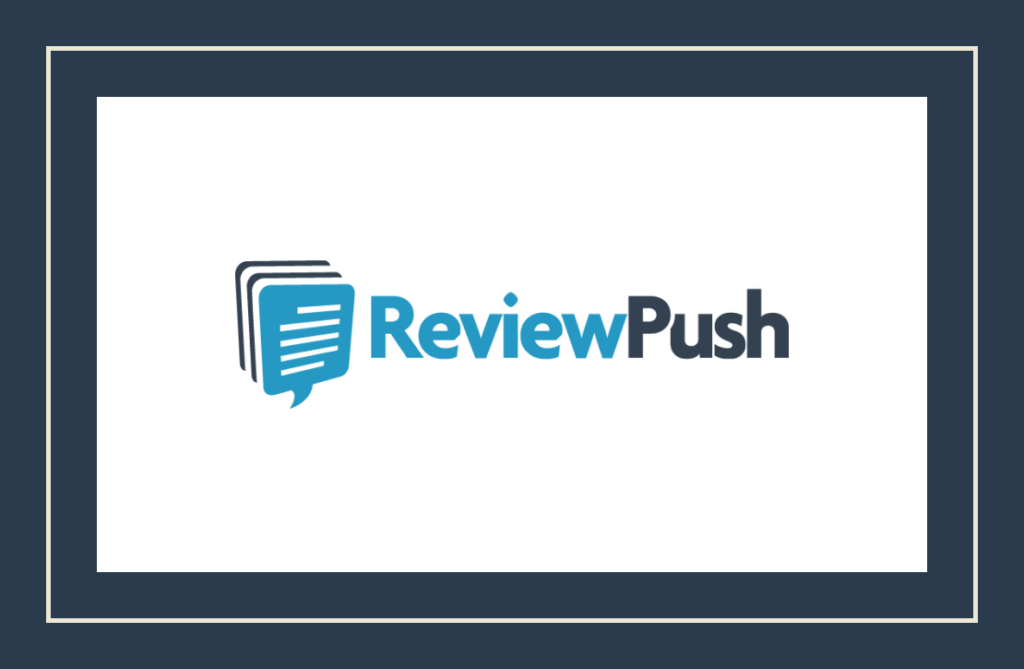Across all industries, 90% of local consumers base their decision on what other people have to say. Getting reviews from previous clients is powerful for your law firm marketing engine.
Reviews from former clients tell a story about what you’re like to work with. By painting a picture for potential clients, reviews can help convert someone who needs to hire an attorney.
But if your law firm receives numerous reviews, it can be hard to stay on top of what people have submitted.
Reputation management tools like the ones below could help you with this. By managing your online reviews, you could look more attractive to potential clients.
How Can a Reputation Management Tool Help Your Law Firm?

When clients see multiple five-star reviews on your website or online profiles, it signals trust and credibility. People tend to trust the experiences of others just like them. Potential clients seek out reviews to understand what it may be like working with you.
Reviews are valuable for local SEO. Besides sending positive signals to prospective clients, they are an important ranking factor.
Reviews on your Google Business Profile (formerly Google My Business) can help you up in local searches.
Google’s algorithm takes both the review count and rating into account when ranking businesses. These factors determine your “prominence” and likelihood of showing up in search results. Complete and accurate data across your local business listings are important, too.
If you get a lot of reviews across many platforms, a reputation management tool can help you stay on top of them.
By consolidating reviews into one reputation management tool, they become easier to manage. You’ll be able to see them all and respond to your reviews across multiple platforms. And they often help with automating your review requests.
One quick note, though. If you use automated review requests, they should follow any bar association rules. Verify that you’re also following any rules from the review platform, too. Certain review sites are less comfortable with businesses soliciting reviews.
Finally, reputation management tools may get confused with social listening tools. They’re similar but not the same thing.
Social listening tools help you hear what people are saying about your brand on social media platforms. Reputation management tools track places like Google Business or Yelp to tell you when someone posts a new review.
Most law firms don’t need a reputation management tool. If your law firm receives numerous reviews and you find tracking them overwhelming, one of these tools may be appropriate.
1. Birdeye

Birdeye takes a lot of the work out of requesting reviews. It also lets you know as soon as you’ve received a new review online. Using Birdeye, you can ask for and share reviews across over 200 sites.
You can even integrate it with your website. This feature lets your most recent reviews immediately show up in scrolling banners. By doing so, you showcase real-time feedback and social proof from clients.
One of the best aspects of using Birdeye is that they make it easy for your clients to leave reviews at their convenience. Automatic follow-ups increase the chances that past clients will take the time to write out their thoughts.
2. Podium

Housing all your primary review data in one place might make things much easier for you. With Podium, you get a dashboard that lets you:
- Easily track invites you sent to clients to give you reviews
- Manage your reputation on multiple websites
- Respond quickly to clients.
This combination signals an active law firm that’s engaged with its clients. You can also send out review requests via text message through this platform.
3. ReviewTrackers

Compared to some other options listed here, Reviewtrackers is more for review collection. This tool gathers all of your client’s feedback so you can better understand their needs. It can show you which feedback shows up most frequently and which may be helpful for fixing processes behind the scenes.
You can also learn more about what your clients enjoy the best. This makes it easy to translate feedback into consistent law firm marketing messages.
Being able to see the good and the bad quickly gives you options to fix problem areas or play up positive aspects.
4. SiteJabber

Every positive comment from a past client can be showcased as broadly as possible, helping you get the most mileage from it.
SiteJabber republishes your reviews on other feedback sites like the BBB. You get the benefit of your clients’ positive experiences across the web. You can then leverage their comments on your website, review platforms, and Google.
5. ReviewPush

Much like other review management tools on this list, ReviewPush puts your reviews in one place.
With it, you can monitor multiple sites and unlimited locations. This feature is most helpful for bigger law firms with a multi-state presence.
You can also see how your scores stack up against one another for different locations. You’ll also get an email every time you have a new review. You can even respond to the review directly from your email.
6. Reputology

This reputation management tool simplifies the ability to see, answer, and analyze your online law firm reviews.
Reputology is very specific to local markets. You’ll get an email any time there’s a new review about your firm. You can then use their platform to reply to that client’s feedback.
7. Brand24

Many brands outside the legal industry use Brand24 to watch their reputation online. If you work with a major law firm with multiple law offices across several states, this tool can organize all your different online mentions.
Brand24 looks at social media, but it also crawls the web. This allows it to collect any mention of you or your lawyers on websites, blogs, news sources, and Google reviews.
8. StatusBrew

StatusBrew is primarily a social media listening tool, but that doesn’t mean it can’t help you. There are some reputation management options inside.
If your law firm gets mentioned a lot on social media, it might be worth exploring this option. For example, StatusBrew helps you manage reviews on Facebook and Google Business.
If that’s where you get most of your feedback, this may be a nice all-in-one tool for you.
Develop Better Ways of Getting and Responding to Reviews
The sooner you set up systems to build on referrals and word of mouth, the better. Getting in the habit of asking clients to leave you reviews can help your local online presence.
Making it simple for clients and automating the process with reputation management tools can assist with this. Doing so can increase the chances they’ll take the valuable extra step of leaving you a review.
There’s good and bad news about digital marketing for law firms: you have access to more tools and things to track than ever.
When used properly, these tools are a great way to build your law firm’s online presence. But many lawyers find it overwhelming to manage local business listings, social media, local SEO, reputation management, and public relations.
Handing things off to a knowledgeable marketing partner ensures you’ve covered all the bases. If you want to grow your reputation and level up your law firm marketing, contact Rankings.io today.
The post Top 8 Law Firm Reputation Management Tools appeared first on Rankings.




